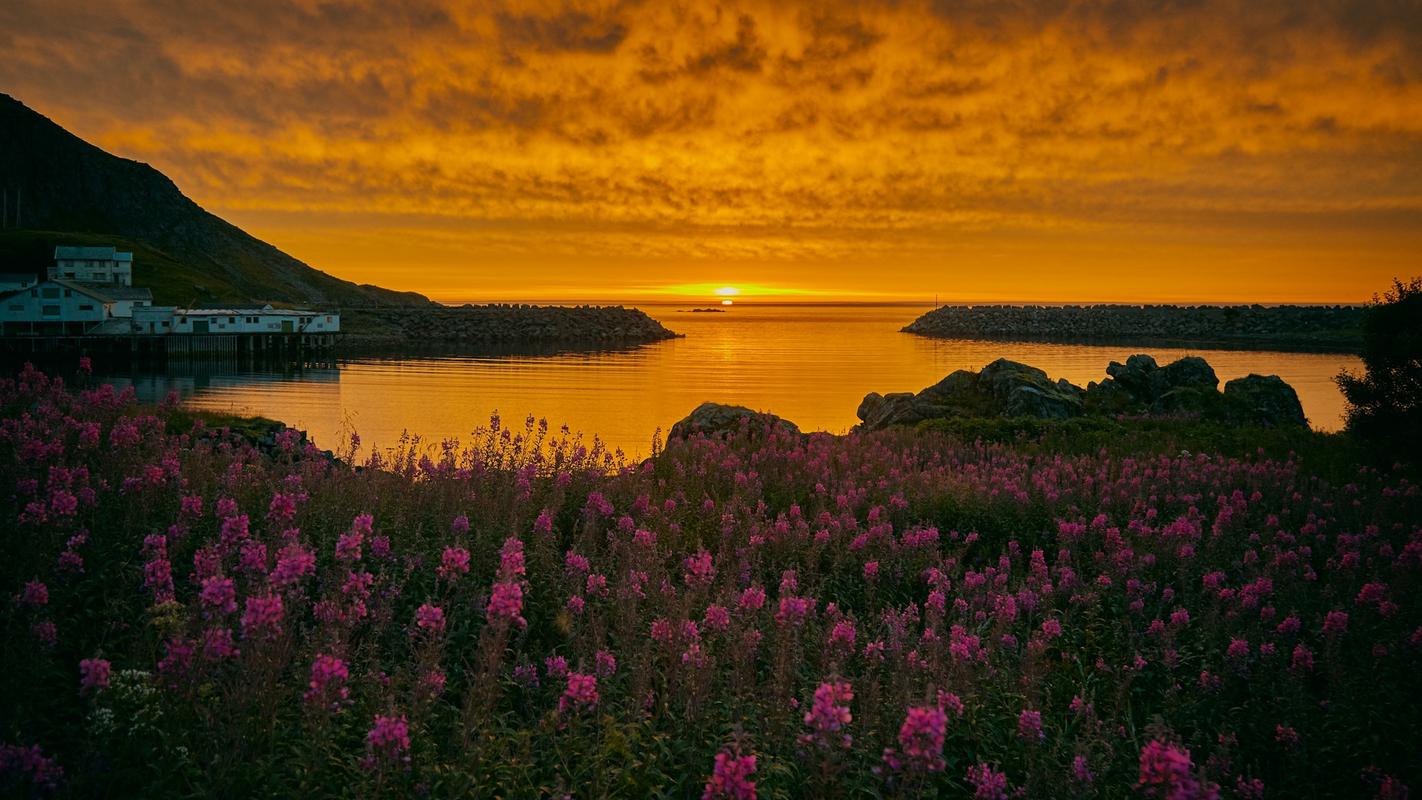The history of the Yoruba people is a fascinating one. With a population of roughly 40 million, the Yoruba are one of the largest ethnic groups in Africa, primarily inhabiting the southwestern region of Nigeria but also present in neighboring countries such as Benin and Togo. Over the centuries, the Yoruba have developed a complex culture and identity characterized by art, religion, governance, and social organization.
The origins of the Yoruba people are shrouded in mystery, with different accounts pointing to various migration patterns and settlement movements. According to one version of the story, the Yoruba descended from the legendary figure of Oduduwa, who emerged from the earth and established the city-state of Ife. Another interpretation holds that the Yoruba are descendants of the ancient kingdom of Ile-Ife, which flourished between the 9th and 12th centuries CE. Regardless of their precise origins, the Yoruba developed a rich and varied culture that would leave a lasting impact on the region and beyond.
One of the most striking features of Yoruba culture is its art. From statues and masks to textiles and pottery, Yoruba art is distinguished by its detailed craftsmanship and its symbolic significance. One famous example is the carvings and sculptures of Ife, which depict the human form with remarkable realism and expressiveness. Yoruba art is also closely tied to religion, with many objects and artifacts having a spiritual or magical function. The gods or orishas of the Yoruba pantheon are often represented in art, and many festivals and rituals involve the use of masks or other objects.
Religion plays a central role in Yoruba society, with the vast majority of people adhering to a form of traditional religion known as Ifa. Ifa is characterized by a belief in a pantheon of spirits and deities, known as orishas, who intercede in human affairs and influence the natural world. Divination practices are also an important part of Ifa, with trained priests using special techniques to communicate with the orishas and gain insight into past, present, and future events. In recent years, Christianity and Islam have gained significant followings among the Yoruba, but many people still maintain a connection to traditional beliefs.
Governance in Yoruba society is based on a system of city-states, each with its own ruler or oba. The oba is regarded as a divine or semi-divine figure, embodying the authority and wisdom of the ancestors. The oba oversees a complex system of officials and advisors, responsible for matters such as taxation, justice, and military defense. The Yoruba also place a strong emphasis on consultation and consensus-building, with many decisions being made through a process of communal discussion and deliberation.
Social organization in Yoruba society is characterized by a complex system of classes, castes, and lineages. At the top are the royal families and nobility, followed by various classes of artisans, traders, and farmers. Below them are the slaves and outcastes, who occupy a marginal position in society. Lineages are also an important part of social identity, with people tracing their ancestry back to a common ancestor and maintaining close ties with their extended family.
In conclusion, the mysteries of Yoruba history offer a glimpse into the rich, complex, and multifaceted culture of this African people. From art to religion to governance and social organization, the Yoruba have created a unique and enduring legacy that continues to influence the world today.
(Note: Do you have knowledge or insights to share? Unlock new opportunities and expand your reach by joining our authors team. Click Registration to join us and share your expertise with our readers.)
Speech tips:
Please note that any statements involving politics will not be approved.
